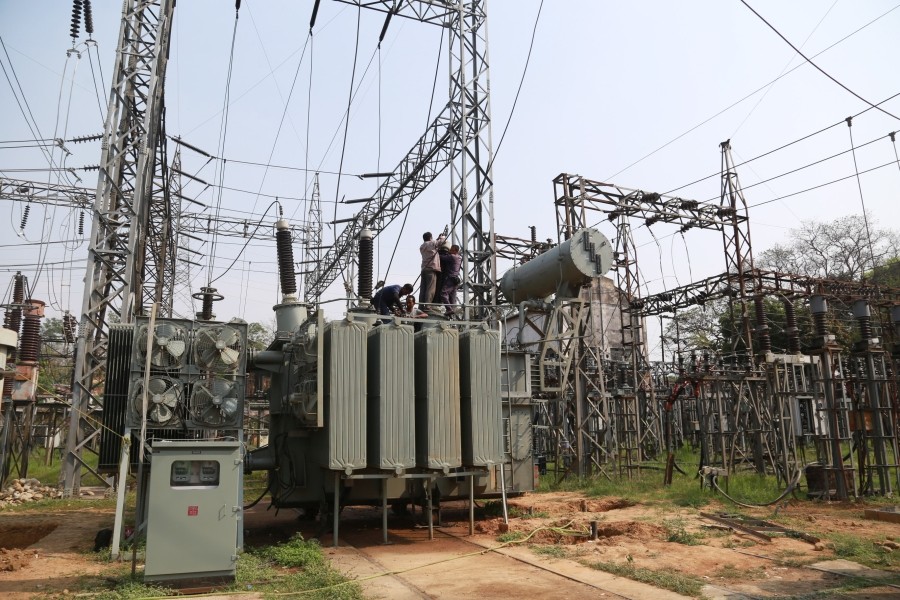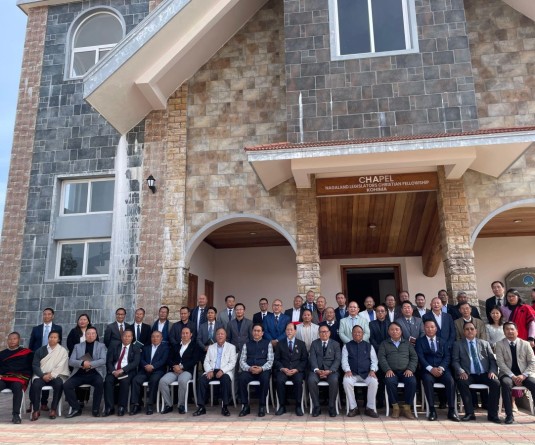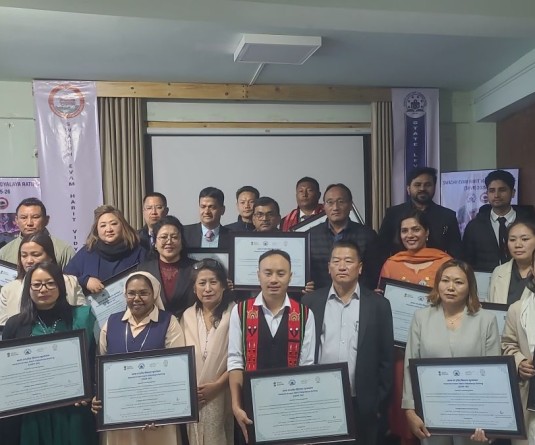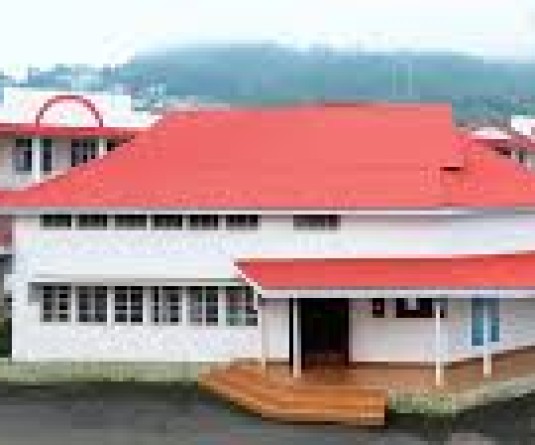Morung File Photo

Morung Express News
Dimapur | February 16
The energy sector hardly falls in the radar of the Nagaland Legislative Assembly. However, this time, it got a slight mention in the ongoing Budget session in the form of a ‘starred question’ from opposition MLA Amenba Yaden.
Yaden asked a set of questions which included the units of power purchased, power received free of cost, tariff and whether the state is profiting from “resale of power.”
According to the response from the Minister incharge for Power, Nagaland has purchased 662.37 Million Units (MU) till December 2020 for the financial year 2020-21. The total units purchased in 2019-20, 2018-19, 2017-18, 2016-17 were 869.22 MU, 837.86 MU, 794.68 MU and 805.67 MU, respectively.
It did not specify the cost of purchase in monetary terms.
During the same period (2016-17 to December 2020), the state received 128.43 MU, “free of cost,” from the NEEPCO owned Doyang Hydro Electric Project (DHEP). The highest quantum “free” power drawn from the DHEP was in 2017-18 when it got 31.19 MU. For 2020-21 (till December 2020), the state has received 20.65 MU.
With regard to (retail) tariff shift, a copy of the tariff schedules (Rs per unit) for all categories of consumers applied in 2019-20 and the existing schedule for 2020-21 were attached in the Minister’s reply. The tariff schedule can be viewed in the DoPN website or can be availed in all power sub-divisional offices.
The Minister in the reply said that although power supply in the state has “greatly improved” and despite Nagaland achieving 100 percent electrification of all recognized villages, the state “is unable to make a profit on resale of power.”
The reasons attributed for losses incurred in the supply chain were “widely spread consumers across all strata of society, high level of rural distribution, tendency of our consumers not to pay for their actual consumption etc.”
It added, “The Department is taking up various initiatives like introduction of online payment of electricity bills, installation of pre-paid meters, engagement of anti-power theft police squad etc but the challenges are very huge and it requires collective effort of both the Department and Society to tackle the matter together.”






